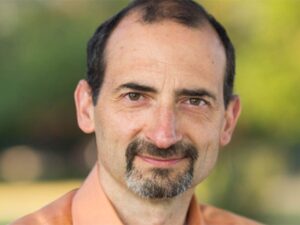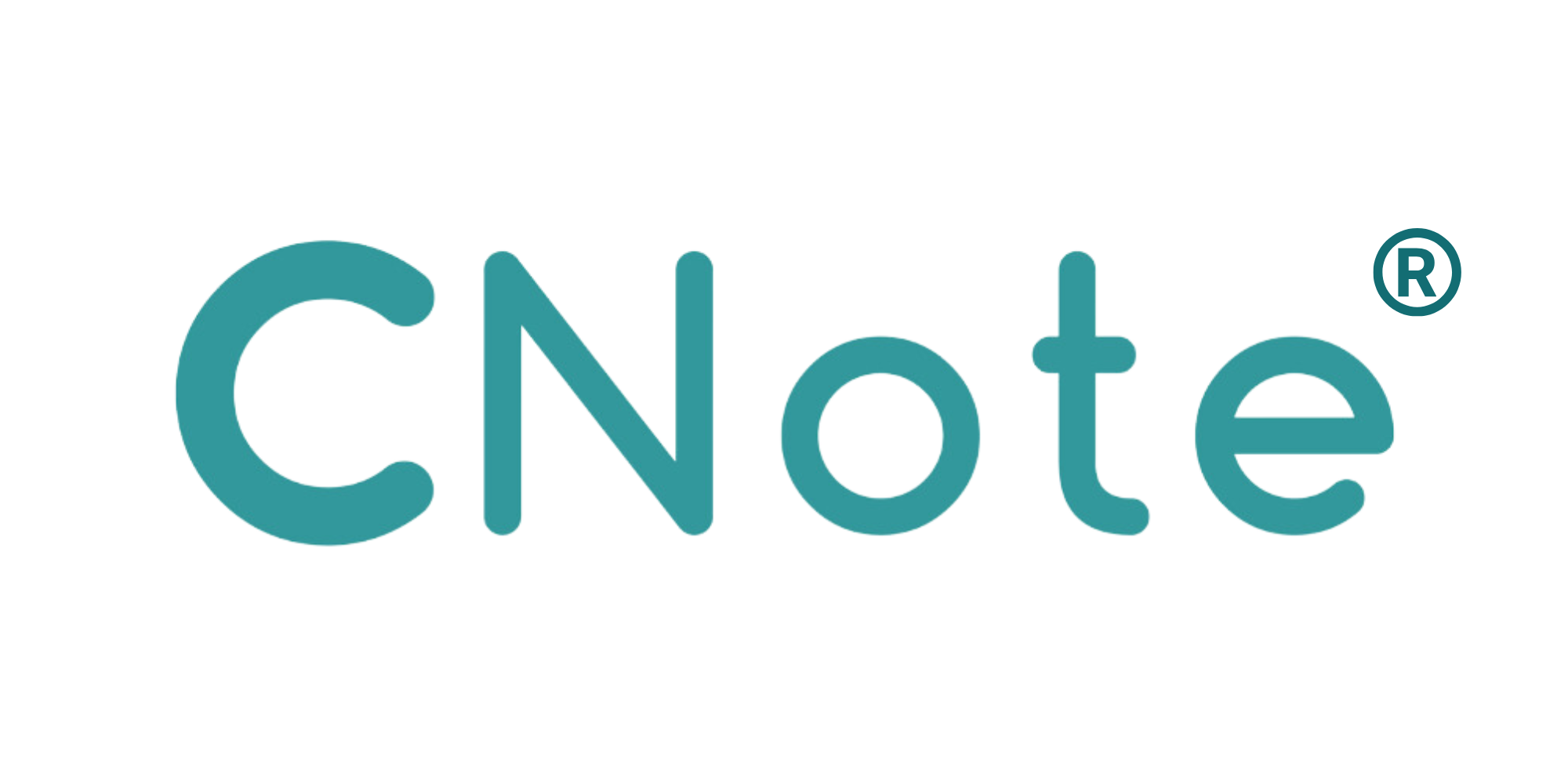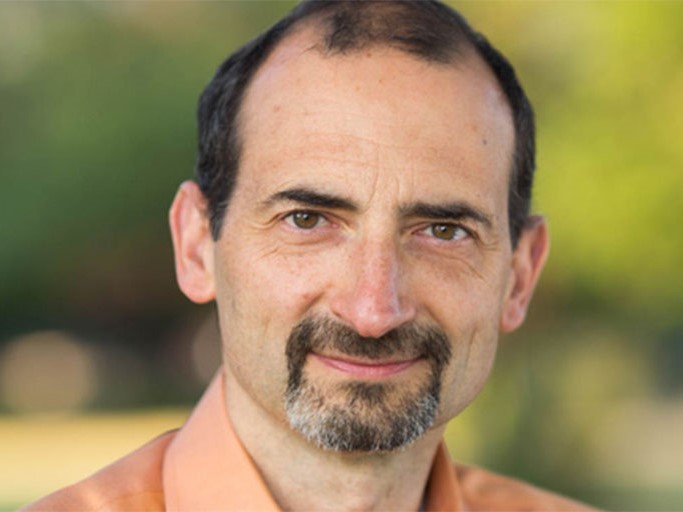
When Marco Vangelisti, a member of a successful investment management team, peeked under the hood of the investment portfolio the team was managing, he was shocked to learn that some of the best-performing stocks in the portfolio were funding the destruction of hundreds of thousands of acres of orangutan-inhabited rainforest in Southeast Asia. Marco left his job in 2009 and began the process of liquidating his personal Wall Street portfolio. He reinvested in local and sustainable investments, and he started to learn more about the large systems that shape our society and shared what he learned.
Today, Marco is a highly sought after speaker, lecturer, consultant, and coach. He is a founding member of Slow Money and the founder of Essential Knowledge For Transition. As a self-identifying 100% impact investor, Marco is as equally passionate about aligning dollars and values as he is educating individual investors and financial advisors.
We caught up with Marco to talk about his journey, and we got a chance to discuss his thoughts on the future of impact investing, the power of individual investors, and the growing role of millennials.
CNote: How did you first become interested in impact investing?
Marco Vangelisti: I was part of a team that was managing a quantitative fund investing in emerging markets equities. We had developed quantitative models to predict returns and to control risk, and we were using an optimizer to build a very diversified portfolio. We were doing great — we had $20 billion under management, and one year we outperformed the MSCI emerging markets index by more than 10%. Most of our clients were foundations and endowments, including environmental foundations and they were very happy with our performance.
The interesting thing is that because we were managing a very diversified portfolio built in a quantitative way, we were not really focused on the individual stocks in the portfolio. When I looked at the best-performing stocks, I found a Malaysian palm oil company that had just destroyed a large section of the habitat of the orangutan in the Borneo. At that moment I realized there was this big disconnect between my livelihood and my personal values since I have always been a passionate environmentalist. What I realized is that we are trapped in a system that collectively provides us with the incentives to do things that we might not be aware of, and in the long term, might even undermine our long-term survival. It was very hard to connect those dots, even for an insider like me.
So, I actually left the industry and started looking at the large systems: how money and banking and economics and finance work. My belief is that we need to democratize the understanding of the functioning of those large systems because they act as the operating system of our society. I think everybody should understand enough about the design of those systems to be able to critique them and to feel empowered to demand changes.
CNote: How does that translate into your day-to-day work now?
Marco Vangelisti: In the last couple of years, I’ve been focusing on investor education and trying to convey to people that investments are not just generating returns, they’re shaping the world we live in. I developed a website that has a lot of free content for people to understand how those large systems work, and I also have a fee-based webinar series called Align Your Investments With Your Values, where I’m sharing my understanding of the financial system with individual investors looking to move towards non-extractive investments.
I’m also collaborating with a nonprofit called Money Quotient up in Portland, Oregon. They’ve been around for 20 years and are helping financial advisors become life financial planners, which is basically a blend between a life coach and a financial adviser. The idea is to work with clients to help them envision their best life, and then see how they can use their financial resources to bring it about. Together, we launched an online, self-paced course called Towards Aware and Values-Centered Investing.
CNote: How long did it take you to rebuild your portfolio to better align with your values?
Marco Vangelisti: It took me three years from the time I left the finance industry to actually get around to liquidate my positions and rebuild a portfolio that does no harm. That was my goal, but it’s not an easy task. Still, it’s something I embarked on, and it’s something I encourage others to do as well. In order to say I’m doing no harm, I need to know who is using my capital. Therefore, I’m not in the stock market and I’m not in mutual funds since it is very hard to assess the worldwide operations of publicly traded companies. This requires more work than simply hiring a financial advisor and putting your money in the usual mutual funds everybody knows about, although the financial advisers that took my course have embarked in the process of moving towards no-harm investing.
CNote: How would you frame the current status quo of our financial services industry?
Marco Vangelisti: I believe that if we avoid destroying the planet and go extinct as a species, we will look back at this time as we look back at slavery now. If you think about 200, 300 years ago, many of the wealthy people in society, many of the US presidents and those funding the Ivy League colleges were slave owners. People had a sense that it wasn’t ideal, but that’s how business was done, especially in the South, and slavery generated nice returns for plantation owners and their clients.
I think the same thing will happen when we look back at 2000, 2010, 2020, and ask how it was possible that capital was used to extract from and destroy the natural environment and communities around the world for the purpose of enriching the people that already had a lot. I think eventually if we learn to live in balance with nature and we change the course of society, we’ll get to that realization.
CNote: What are the trends you’re seeing in impact investing or changes you’ve seen over the last year or two that stand out to you?
Marco Vangelisti: The socially responsible fund was the first wave. Now I think we’re ready for the second wave. Maybe that’s community funds or more local funds and investments. I see a lot of potential thanks to the transfer of wealth to millennials. This young generation is very idealistic, and a number of millennials want to do the right thing. They’re not interested in finding a corporate job. They’re interested in starting a social enterprise to solve societal challenges through businesses, which is great. A number of them recognize that investing in large multinational corporations is something that they wouldn’t want to do, and so a lot of them are holding most of their money in cash.
Whatever money they save, they don’t know what to do with it. They don’t trust Wall Street. They don’t want to put it in the usual mutual funds or with the large multinational corporations and are asking for better options. I see a lot of hope because millennials who are either earning money or receiving inheritances tend to be conscious about what their investments are doing out there in the world. I think that there’s a growing pool of potential clients for financial advisors to tap into, especially if they develop some expertise in this area of no-harm and impact investing.
CNote: Do you think impact investing is a means to address inequality?
Marco Vangelisti: Traditional impact investing where people say they want their 8% return or that they want a market-rate return while doing good, will clearly not address the problem of inequality. If the economy is growing at 3% and the financial capital demands to grow at 5%, 6%, 7%, or 8%, what you’re seeing is more and more of the economic value being produced in society being sucked up by the owners of capital, regardless of whether you call that a mutual fund or you call that an impact fund. An impact fund that generates an 8% return is aggravating inequality because the people that have the money to invest in that are going to get, percentage-wise, more than the economy is growing. That means a larger share of the economy goes into the hands of those that have the capital. Actually, investing through the Kiva platform is a way to address inequality since those are zero-interest loans to people at the bottom of the pyramid internationally or to mostly minority or women entrepreneurs in the US.
CNote: How would you describe people’s awareness of the socially responsible investing movement?
Marco Vangelisti: In general I think people have a sense that the socially responsible investing movement started with people who were against the war, and who didn’t want to invest in weapons manufacturers. So a number of funds were created at the time, which was a good first step. Later funds were created to cater to investors concerned about the environment and those who did not want to invest in fossil fuels. I think the demand for socially responsible funds has created some transparency and some reporting on the part of companies and maybe slightly better corporate behavior. But I think we need to go way beyond that.
The challenge is that most socially responsible funds (or ESG funds) hold stocks of publicly traded companies that need to deliver growing profits to support their stock price. There’s this imperative to continue growing profits; it is not sufficient to just be profitable. So, of course, this imperative leads to squeezing out or externalizing costs and eventually to cut corners.
Taking full responsibility for our agency in the world expressed through our investment is not easy, yet the time has come for us to do so. And I understand that that’s hard, given the level of opacity and intermediation in the finance industry – just finding out all the companies we are invested in through a single ESG fund might be quite a task. But the reality is that, if you look outside at the state of the world and where the environment or our society are going, it is clear that things are still deteriorating. That’s because we haven’t done enough to move the capital away from destructive activities.
CNote: Given how difficult it is to successfully “move capital away from destructive activities,” as you said, what’s some advice you have for financial advisors and investors who want to do better with their investing?
Marco Vangelisti: First of all, we have to recognize that we live in a system that makes it really easy for us to do the wrong thing. It’s almost impossible to be pure and not do any harm. What we’re trying to do is challenging and it is very had to be perfect. That’s why I like CNote because I know and approve what CNote is investing in – CDFIs providing funding to people that have difficulty obtaining funding from the regular channels, such as minority and women entrepreneurs.
One thing you have to think about are the trade-offs. How strictly do you want to implement what you really believe in? In my case, I took an extreme position. I said I’m going to invest only when I know I’m doing no harm and it’s generally aligned with my values. It’s been a long process and it has not been easy. I’ve been at it for the last seven years. But, I can say now that 100% of my portfolio is aligned with my values and it’s doing no harm out there.
Moving to aware and no-harm investing is challenging for financial advisors to do that because it requires some new learning and possibly a rethink of their business model. Currently, they have a platform like Schwab or Fidelity, and they have access to all the funds and individual stocks through that platform which integrates their clients’ assets, generates reports and allows them to collect their management fees. The investing options I’m talking about like RSF Social Finance and CNote aren’t seamlessly integrated into those platforms. Even though it’s not difficult, it’s still something new for advisors to have to familiarize themselves with. Yet I see financial advisors as the agents of change in the finance industry. Through the demands of their clients, I think they can go to the next level and start demanding products and investments that are non-extractive and transparent.
CNote: Do you think that consumers really have to drive real, sustainable, prolonged change, or do you think advisors or asset managers can lead in this space?
Marco Vangelisti: The type of changes that are required are very hard to implement for financial advisors and wealth managers alone. Financial advisors and wealth managers are not going to be the ones that initiate the change – the demand for no-harm investing has to come from the owners of capital, whether individual investors or institutions, saying, “I want to be mindful of what this capital is doing out there in the world, and I want to make sure that it does no harm.” But they have a key role in facilitating that aspiration of their clients.
For the last three years, I focused on educating individual investors, because they were the ones that really needed to know. The learning curve can be steep for someone who isn’t experienced in finance, and taking responsibility for one’s investments is something that only a few people are willing to do. But, by educating both the investors and the financial advisors that get it, I think that’s the ticket.
CNote: When you talk to younger folks or people that are maybe just starting to think about investing, what sort of advice do you give them?
Marco Vangelisti: Usually, what I suggest is to invest a small amount of money in CNote and in RSF Social Finance, and most importantly, to read the communications put out by those two funds. This is really to get their juices flowing and to say that there is a way to invest money that is positive for the world, and to encourage them to do more of that. Another reason why I send them to those two places is because I think the probability of losing principal in those two investments is very low. But not all impact investments are like that.
CNote: What’s your vision for socially responsible investing, and where do you think we’re heading long term?
Marco Vangelisti: My hope is that we are going to move toward more local and aware investing. In the next decade, I think we’re going to see a massive realignment of financial values. I do believe that financial markets are completely manipulated at this time and that there is way too much in actual capital out there. A lot of people are not aware, but basically a lot of it is fictitious capital that is going to go away, and I think that will awaken people to the fact that maybe they need to invest in things they really understand. That means investments that are closer to home or through trusted intermediaries like RSF Social Finance and CNote, not Wall Street and large corporations. And I think there will be a lot more innovation to bring about more opportunities to invest in a way that is transparent and is more local and does no harm.


